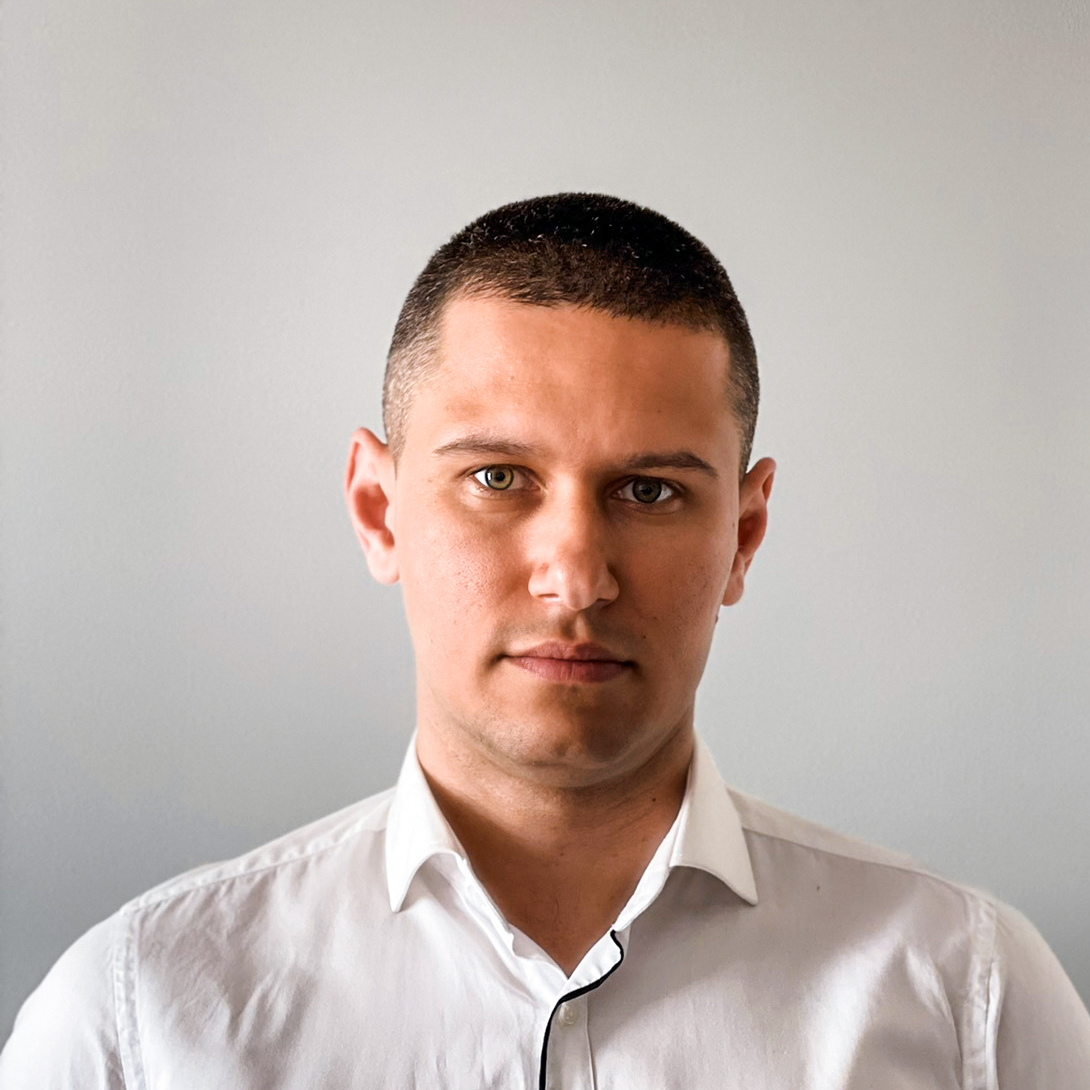
© Copyright 2024 Notolytix Ltd. | 


Martin Marinov has over 10 years of experience in the field of risk management, Neobanks and Electronic Money Institutions. Martin has in-depth technical knowledge of the regulations of card organizations (VISA, MasterCard, AMEX, UPI, JCB, Bcard), regulating the process of issuing and accepting conventional payment instruments and those of a new type. Through his many years of experience in risk management, Martin specializes in integrating and building logical systems for monitoring and preventing financial fraud, money laundering, terrorist financing and regulatory compliance.
Last year was marked by an unusual event that affected public life in all possible ways. Of course, it changed the flow of cash flows – cash payments decreased and electronic payments increased, businesses such as restaurants and tourism almost ceased to function. Globally, lockdowns have restricted the movement of people and products and reduced the ability to generate “dirty money” such as drugs and trafficking in migrants, but at the expense of fraud to help those affected by the crisis. This, of course, led to a change in money laundering methods and a change in the channels for their movement.
What are the new trends in money laundering, according to your observations?
In recent years, there has been a complete change in the behavior of those who use financial instruments and institutions for purposes other than normal business or personal activities. Undoubtedly, the evolution of the FinTech industry, the modernization of banks, the emergence of the so-called neobanks, in a “favorable” Covid 19 situation, led to a change in methods of money laundering. In this line of thought, the main trend in the coming years, in my opinion, will be the adequate establishment of the real owner or individual standing and operating the device through which he moves his currency units. The reasons leading me to this conclusion are the following:
How does digital onboarding and the digitalization of banking processes, in general, affect money laundering activities?
Despite the availability of more and more automatic mechanisms and software for digital onboarding, I would say that there are still enough skilled subjects who handle them properly. In recent years, we have seen huge strides towards improving the process, but in the end it remains much riskier than the conventional one. In any case, this is a necessary change, and we as specialists face the challenge of finding new and new methods for its adequate application in the digital environment.
Are there new sources of “dirty” money?
I would say that the sources of dirty money remain quite stable over time – drugs, unregulated gambling, corruption schemes, human trafficking, tax crimes. Rather, I see a change in the channels they use to transfer these funds, namely: crowdfunding platforms, platforms that lend against crypto currencies, not to mention that there are financial institutions and electronic money institutions, who still use controversial methods to identify their customers and monitor suspicious transactions.
Are the patterns of movement of “dirty” money changing?
Schemes evolve daily and adapt very quickly to the new reality. As I mentioned earlier, they are concentrated in attempts to maintain anonymity and seamless stratification of funds through new transaction methods.
Do you think that the current situation will affect the increase of cases of internal fraud?
Looking through the lens of Covid 19 and the fact that more and more companies allow remote work, a number of concerns have been raised about the potential increase in internal fraud. In my opinion, everyone’s expectations remained unjustified, as it was empirically proven that this model of work is reliable enough with the introduction of adequate control mechanisms. In any case, everything depends on the classic triangle of fraud (Opportunity, Incentive, Rationalization) and how well its postulates are observed, namely regardless of the source (remote or office work), weak controls, not ethical top management and weak liability policies provide an opportunity for fraud. The high expectations of the management, the aggressive bonus schemes for the employees bring with them an Incentive for fraud; bad treatment of employees, bad example of management contribute to the rationalization of fraud. Yes, the truth is in the balance between all feathers.
Does the change in the market situation lead to a revision of the fields and values in the Risk Matrix for money laundering risk assessment?
The risk matrix is a very dynamically changing quantity, as the current situation simply accelerates the processes and sets a very interesting pace.
Do you think that the use of artificial intelligence functionality would improve and make this process faster?
I have always been somewhat skeptical about the adequate preparation of working models for the mass of financial institutions and banks. I believe that in the near future artificial intelligence will be an essential part of the life of every Risk Specialist, but currently and in the short term I would say that it will be an addition to the measures and controls to deal with money laundering. I believe that practical experience and the opportunity for in-depth knowledge will keep the human factor at the center of events for quite some time to come.
About NOTO
Notolytix Ltd. was founded in 2015 by a group of – fraud prevention & IT veterans, from global companies like Groupon, Paysafe and Rakuten
NOTO is an enterprise grade solution designed to address all financial crime threats. NOTO is data agnostic and uniquely flexible solution that empowers its users to efficiently combat fraud and money laundering across any vertical or industry. NOTO delivers unsurpassed ROI and truly global capabilities.
One simple integration helps companies transform their approach to fraud, compliance and risk management in any sector or vertical.
To learn more about NOTO, visit About NOTO